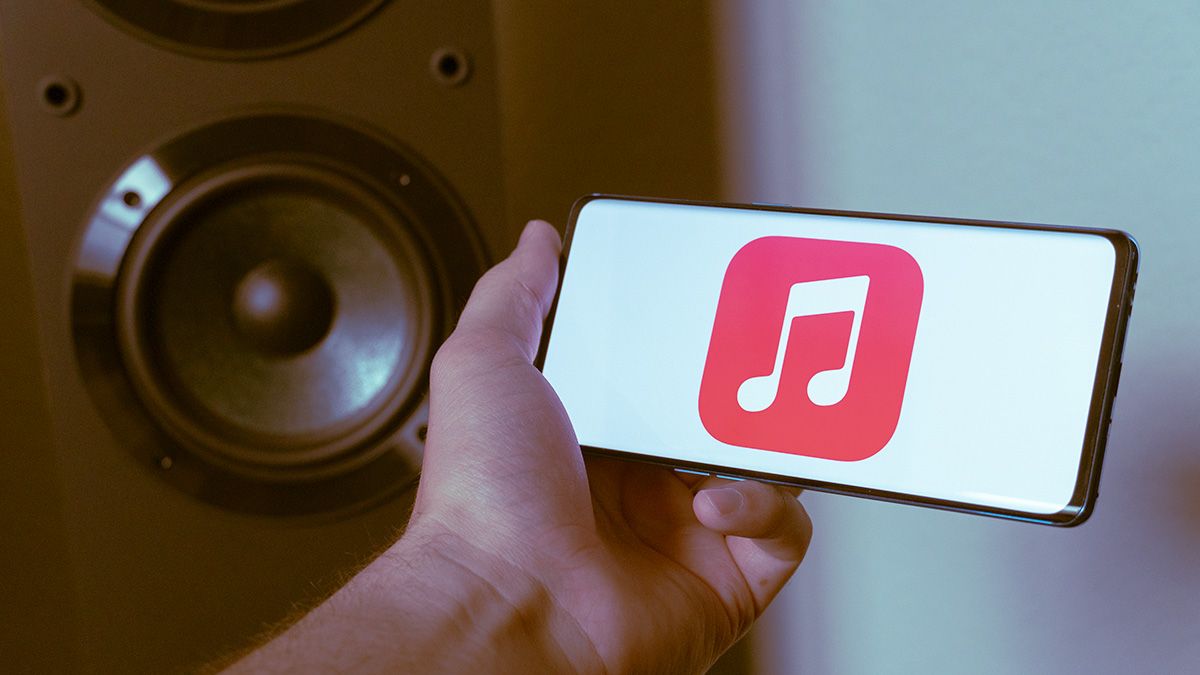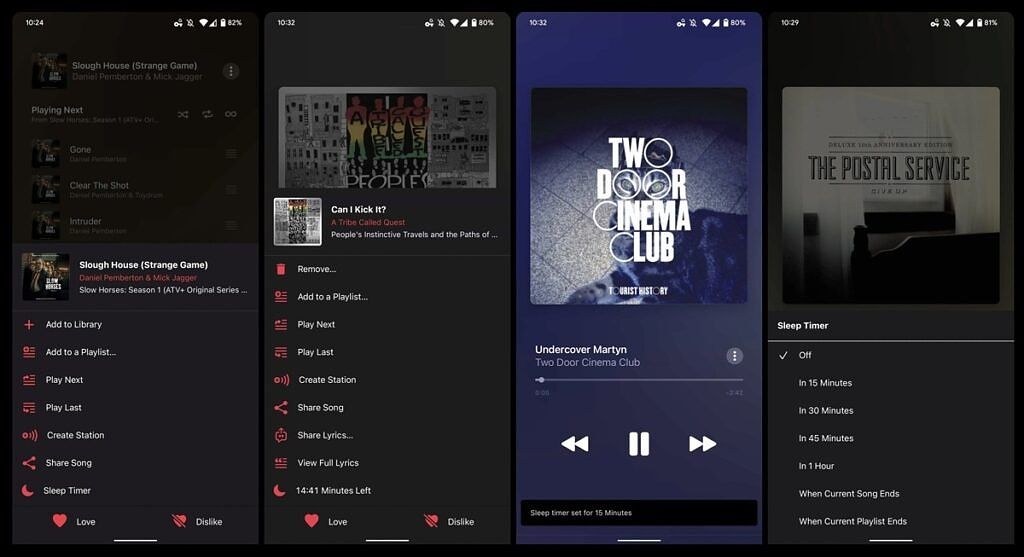Big corporations don't always make sense. For example, Google often introduces new features on its iOS apps before it brings them to Android. Similarly, sometimes Apple makes changes to its Android offerings before it bakes them into iOS. The latest case revolves around the Cupertino tech giant's music streaming service. Apple Music 3.10 beta on Android introduces a sleep timer -- which (sort of) remains missing on the company's own operating systems.
As per a 9to5Google report, Apple Music 3.10 beta for Android brings a sleep timer to the app. This functionality, as you'd expect, allows users to automatically stop music playback after a specified time interval. The options currently include 15 minutes, 30 minutes, 45 minutes, 1 hour, and when current song, album, or playlist ends. You can access the new timer through the three-dot menu on the Now Playing screen.
Apple Music on iOS 15 still lacks a sleep timer. However, users can automatically stop playback through a longer process. By going to the Timer section of the Clock app, you can select the Stop Playing option -- which will interrupt any audio playback on your iPhone after the timer ends. For the time being, it's unclear whether Apple will bake the sleep timer directly into the iOS Music app or not. After all, crossfade remains absent on iOS -- despite its Android availability.
According to the APK file teardown, there's also a mention of stopping playback when the current show or episode ends. However, the option is seemingly inaccessible in the app right now. It's hard to tell what it's referring to -- as the option doesn't show up even when listening to Apple's radio stations. The company could potentially be bringing podcast support to the Apple Music app on Android down the road. This wouldn't surprise us since the company now offers paid podcast subscriptions. So it could make more revenue by opening it up to Android users.
Which music streaming service do you use the most, and why? Let us know in the comments section below.
Via: 9to5Google


